|
|
|
|
The Transatlantic slave trade, which saw millions of Africans being captured and sold to provide free labour for Western nations, may have ended over a century ago. But the debate over reparations for the trade still rages on. Rhoda E. Howard-Hassmann argues there is a strong moral case for continuing to campaign for reparation payments from Western nations. This is despite a turn towards authoritarianism, xenophobia and racism in some Western democracies.
Nearly 7,000 people have been displaced by tropical storm Eloise in Mozambique. Heavy rains have also left a trail of destruction on properties such homes, schools and health care facilities. Eloise has also brought heavy rains to parts of Zimbabwe and South Africa. In these previously published articles, Jennifer Fitchett explains what’s driving the spate of high intensity tropical cyclones in southern Africa while Channing Arndt and Claudia Ringler explain why long-term disaster resilience is crucial for countries in the wake of such weather extreme events.
To receive our COVID-19 updates on WhatsApp, subscribe to the service here.
|
Thabo Leshilo
Politics + Society
|

|
|
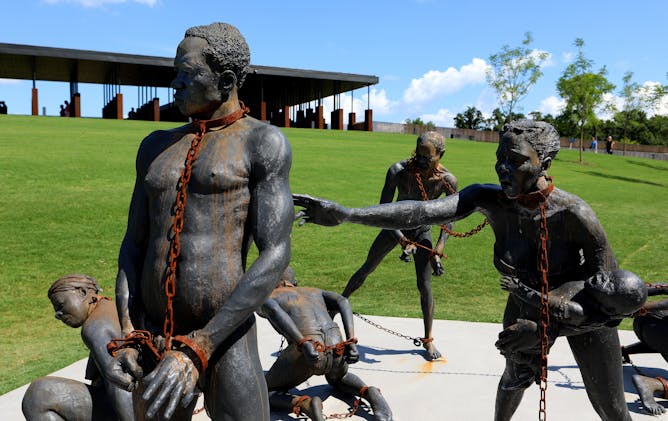
Kwame Akoto-Bamfo’s sculpture dedicated to the memory of the victims of the Transatlantic slave trade on display in Montgomery, Alabama.
Raymond Boyd/Getty Images
Rhoda E. Howard-Hassmann, Wilfrid Laurier University
The turn towards authoritarianism, xenophobia and racism in Western democracies makes it unlikely that former Western slave-trading nations will agree to reparations in the near future.
|
|
|
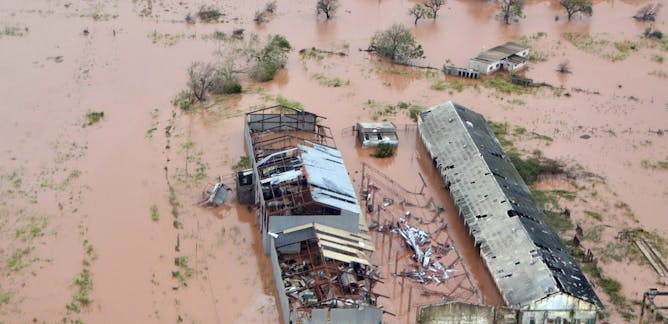
Jennifer Fitchett, University of the Witwatersrand
The spate of high intensity tropical cyclones making landfall in Southern Africa has been tied to very warm sea surface temperatures.
| |
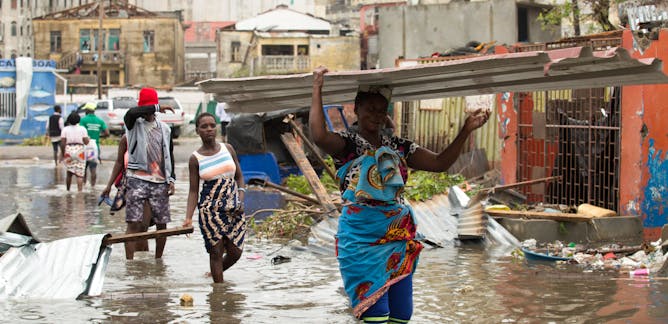
Channing Arndt, CGIAR System Organization; Claudia Ringler, The International Food Policy Research Institute (IFPRI)
Cyclone Idai hit poor countries the hardest and shows why disaster resilience is a necessity.
|
|
|
Science + Technology
|

Carolina Odman, University of the Western Cape; Kevin Govender
'Science 4.0' is real. It is about a revolution in which science is an integral part of society.
| |
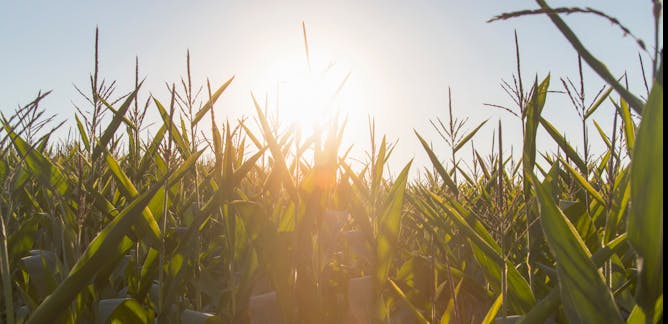
Jonathan Menary, Lancaster University; Sebastian Fuller, St George's, University of London
Plant scientists hope to avoid a repeat of the GM foods debate from two decades ago.
|
|
|
From our international editions
|
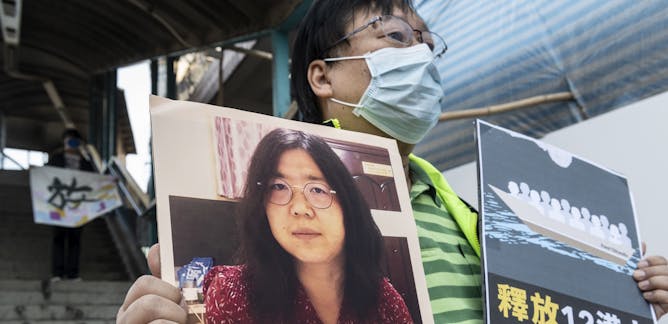
John Garrick, Charles Darwin University; Yan Bennett, Princeton University
The stakes are high for China as WHO teams arrive to investigate the origins of the coronavirus. Beijing has presented a success story to the world — and will not accept any criticism.
| |
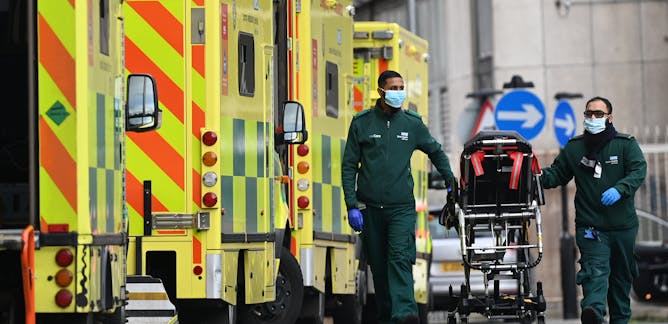
Rebecca Aicheler, Cardiff Metropolitan University
Cambridge study finds blood markers that could help predict, very early in the disease, who will get severe COVID.
|
|
|
En Français
|
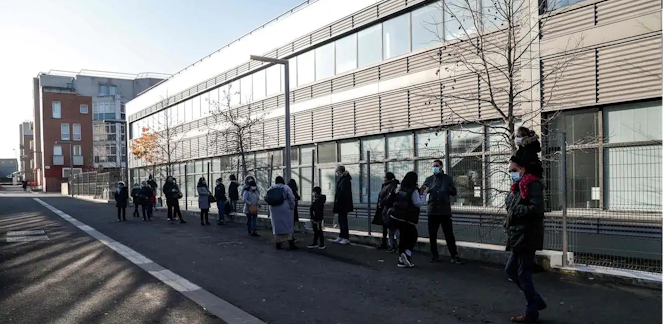
Anne Goffard, Université de Lille
À mesure que se développe l’épidémie de coronavirus, de nouveaux variants apparaissent. Ces mutants pourraient poser problème. Que sait-on de ceux qui préoccupent actuellement les spécialistes ?
| |

James Foster, Lund University
Des études récentes montrent que ces coléoptères s’en remettent à la luminosité de la voûte étoilée pour savoir dans quelle direction aller.
|
|
|
En español
|

Antonio J Morales Siles, Universidad de Málaga
No es tanto hacer la vacunación obligatoria, sino informar claramente sobre el porcentaje necesario para la inmunidad de grupo.
| |
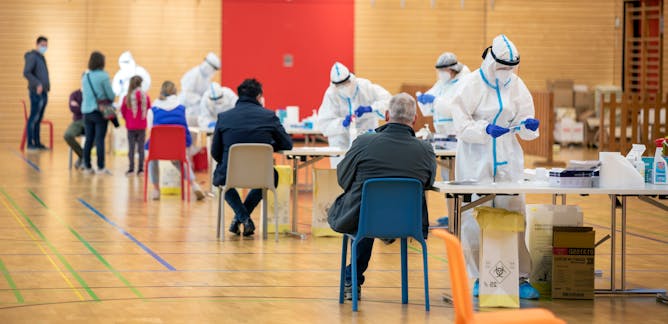
Jesús Pérez Gil, Universidad Complutense de Madrid
Existen muchas razones para vacunarnos contra el coronavirus, y muchas de ellas no son de carácter individual.
|
|
|
| |
Featured events
|

|
Centre for Human Rights, Faculty of Law, University of Pretoria, Pretoria, Gauteng, 0002, South Africa — University of Pretoria
|

|
Centre for Human Rights, Faculty of Law, University of Pretoria, Pretoria, Gauteng, 0002, South Africa — University of Pretoria
|
|
|
|
| |
| |
| |
Would you like to republish any of these articles?
|
|
It’s free to republish, here are the guidelines.
Contact us on africa-republish@theconversation.com in case you need assistance.
|
| |
| |
| |
| |
|
|
|
|
|
|
|